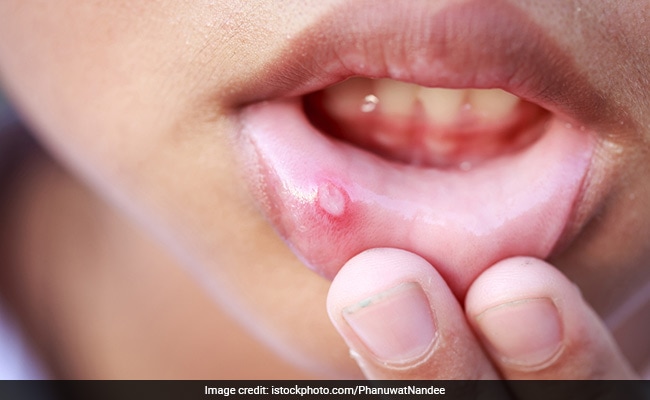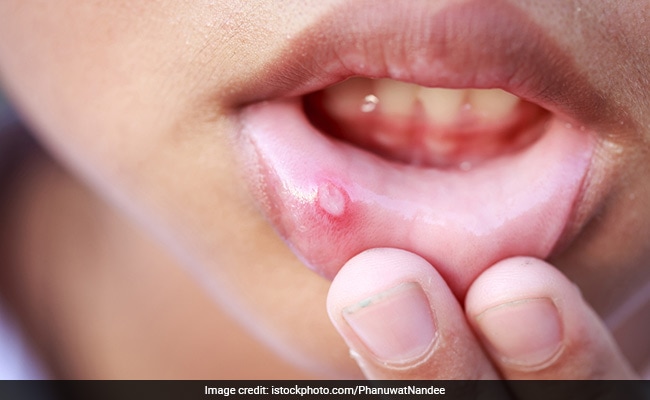Mouth ulcers
What is it?
They are painful shallow ulcers (sores) in the lining of the mouth, usually on the inside of lips, inside of cheeks, and gums. They are caused by many disorders. Aphthous ulcer is most common in young adults. Some may result from prolon ged contact with food that gets stuck in the teeth. Others may be due to forgotten injuries from toothbrushes, toothpicks, rough foods (such as corn chips), hot foods, or self-biting. Herpes simplex causes recurrent blisters on the outer lip but does no t cause recurrent canker sores on the inside of the mouth. Other causes include canker sores, oral cancer, oral lichen planus, oral thrush, and other disorders.
What are the symptoms?
Aphthous ulcers: Small, creamy-white, painful raised areas anywhere on the tongue, gums or lining of the mouth. Traumatic ulcers: Large red area with a yellow centre, particularly inside the cheeks. Cold sores: White blister-like spots inside the mouth, which can sometimes be accompanied by fever.Ulcers usually cause pain , discomfort in the mouth and consequential loss of appetite. The appearance and exact location of lesions varies with the specific disorder.
How is the diagnosis made?
A doctor usually diagnoses the type of mouth ulcer based on the appearance and location of the lesion. A skin biopsy of the ulcer or blood tests may be needed to confirm the specific causative disorder.
What is the treatment?
The goal of treatment is relief of symptoms. The cause, if known, should be treated. Gentle, thorough oral hygiene may relieve some of the symptoms. Topical antihistamines, antacids, corticosteroids, or other soothing preparations may b e recommended. One should avoid hot or spicy foods, which often increase the pain. It is necessary to eat a soft, bland diet to reduce the pain. Cold drinks and milkshakes are especially good. It is necessary to avoid salty foods, citrus fruits, and foo ds that need much chewing. One should drink a lot of fluids to prevent dehydration.
What is the prognosis?
The outcome varies with the causative disorder. Many mouth ulcers are benign and resolve without specific treatment. Rarely, chronic mouth ulcers can develop into oral cancer.
What are the prevention?
Good oral hygiene may help in the prevention of some types of mouth ulcers or complications from mouth ulcers. This includes brushing the teeth at least twice a day, flossing at least daily, and regular professional dental cleaning and examination.
What are the complications?
secondary bacterial infection of ulcers dental infections (tooth abscess) spread of infection oral cancer
Mouth ulcers News More News
................... Advertisement ...................
................... Advertisement ...................
................... Advertisement ...................
................... Advertisement ...................




















